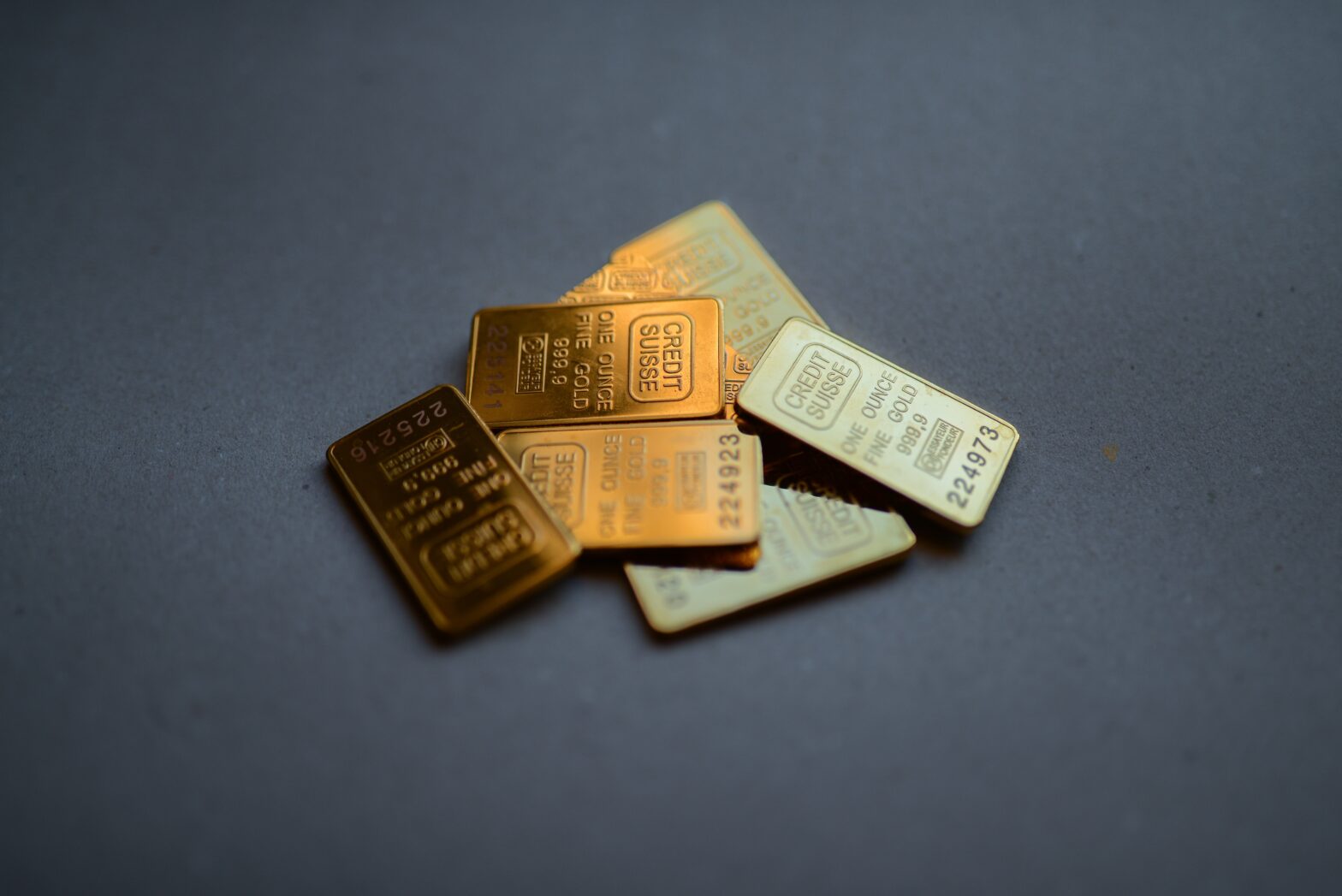IF YOU HOLD PRECIOUS METALS AS ASSETS IN YOUR IRA, THERE ARE TAX CONSEQUENCES THAT YOU SHOULD BE AWARE OF.
Taking into consideration the precious metals ira companies current values of the stock market as well as the historically low interest rates on fixed-income assets, some owners of IRAs may be interested in redistributing some of their funds into precious metals rather than equities or low-risk instruments (such as Treasuries or money market funds). However, before you invest in gold, silver, or platinum, there are a few things you should think about related to the federal income tax.
Holdings of Precious Metals in Your Individual Retirement Account
An investment in any type of metal or coin made through an individual retirement account (IRA) is considered to be the purchase of a collector item. As a consequence of this, the transaction is understood to be a taxable payout from the IRA, which is then followed by a purchase of the metal or coin by the owner of the IRA (you). Because of this general rule, it is not possible for individual retirement accounts (IRAs) to make investments in precious metals or coins produced from precious metals.
Nevertheless, the Internal Revenue Code contains a significant legislative exemption, which states that individual retirement accounts (IRAs) are allowed to make investments in 1) certain gold, silver, and platinum coins and 2) gold, silver, platinum, and palladium bullion that satisfies the applicable purity standards. However, the IRA trustee or custodian is the one who is responsible for holding the coins or bullion rather than the owner of the IRA. All types of individual retirement accounts, including standard IRAs, Roth IRAs, SEP accounts, and SIMPLE-IRAs, are subject to the same laws.
Investments in Precious Metals Held in Physical Form Within IRAs
IRAs are allowed to own some precious metal coins and bullion thanks to a law exception. These coins and bullion include:
Coins such as the American Gold Eagle, the Canadian Gold Maple Leaf, the American Silver Eagle, the American Platinum Eagle, and gold, silver, platinum, and palladium bars (bullion) that meet the applicable purity standards are all examples of these types of coins and bullion.
For instance, gold bars must have a purity level of at least 99.5%, while silver bars must have a purity level of at least 99.9%. Find an IRA trustee who is willing to set up a self-directed IRA and facilitate the physical transfer and storage of precious metal assets. This is the practical matter that needs to be addressed. There are only a select few businesses that are willing to take on the role of trustee for self-directed individual retirement accounts (IRAs) that store precious metal coins or bullion.
You can find willing trustees by conducting a search on the Internet. These trustees will make arrangements for the IRA owner’s precious metal assets to be physically stored. The following fees are typical when dealing with a precious metals IRA trustee:
A one-time cost for the creation of the account, an annual price for the administration or maintenance of the account, which includes the sending of account statements, and an annual fee for storage and insurance.
There is a possibility that bonus fees will be assessed for transactions such as contributions, payouts, and commissions for the buying and selling of precious metals.
Investing in Precious Metals Through an Individual Retirement Account Indirectly
Those who do not like to deal with the complications that are associated with the physical ownership of precious metal coins or bullion by individual retirement accounts (IRAs) have the option of purchasing shares of an exchange-traded fund (ETF) that follows the value of a precious metal instead. At one point in time, there was a worry that the purchase of shares in an exchange-traded fund (ETF) that stocks in precious metals could be construed as the purchase of a collection. Because of this turn of events, the IRA would be considered to have made a distribution that was subject to taxation.
To our great relief, the Internal Revenue Service (IRS) recently announced that individual retirement accounts (IRAs) are no longer prohibited from purchasing shares in exchange-traded funds (ETFs) that are categorized as grantor investment trusts. The table that follows provides a synopsis of recent Private Letter Rulings (PLRs) that pertain to investments in precious metals made through IRAs:
In accordance with the most recent PLR, the regulations that forbid direct IRA investments in gold do not apply when the gold in question is handled by an impartial trustee. In the case that the letter ruling was written to address, shares in a gold-holding trust (probably an ETF) were offered for sale to the general public, including individuals who held IRAs, and were traded on a stock exchange.
Important: If you want to invest in precious metals in an indirect manner that is also easy, you can have your individual retirement account (IRA) acquire common stock shares of mining firms or mutual funds that contain mining equities.
Age-Related Considerations for Individual Retirement Account Holders
The prices of precious metals are known to fluctuate often. Before putting this approach into action, it is essential to discuss it with a qualified financial expert who specializes in precious metals in order to acquire an understanding of the potential difficulties. When you are at or close to the age of retirement, it is extremely challenging to use an individual retirement account (IRA) to invest in precious metal assets.
